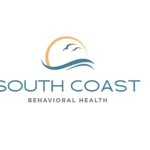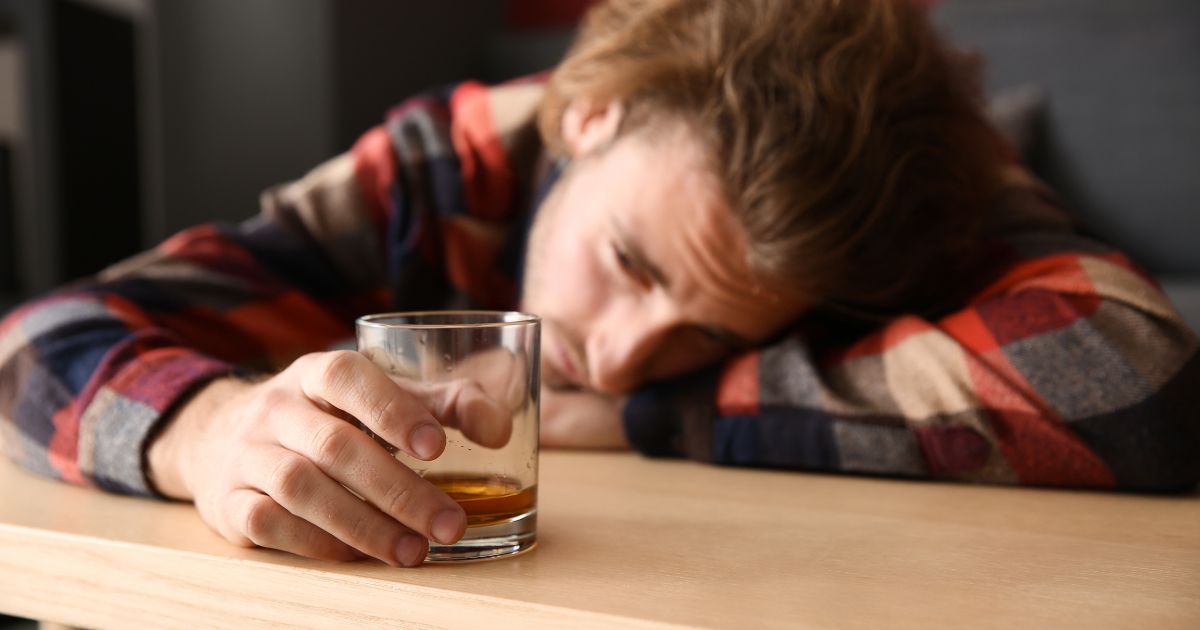There’s no doubt more and more people today feel stressed. A Gallup poll found that 33% of people worldwide reported feelings of stress in 2022 – a record high. It’s no surprise, then, that the concept of self-care has gained more traction in recent years, as more people recognize its importance in maintaining health and wellness.
For those dealing with substance abuse, self-care can play a critical role in the recovery process. This article will explore the concept of self-care, the consequences of neglecting self-care, and its connection to addiction treatment.
What Is Self-Care?
According to the World Health Organization (WHO), self-care is “the ability of individuals, families, and communities to promote health, prevent disease, maintain health, and cope with illness and disability with or without the support of a health worker.”
In other words, self-care is about maintaining your physical, emotional, and mental well-being. It is a holistic approach that emphasizes the need to take care of oneself in order to effectively cope with life’s challenges and stressors.
Some important examples of practicing self-care include:
- Getting regular sleep: Ensure you get 7-9 hours of quality sleep each night to allow your body and mind to rejuvenate.
- Eating a balanced diet: Consume a variety of nutrient-rich foods to fuel your body, and practice mindful eating to promote a healthy relationship with food.
- Exercising regularly: Engage in physical activities that you enjoy, aiming for at least 150 minutes of moderate-intensity exercise per week.
- Stress management: Practice stress-reduction techniques such as deep breathing, meditation, or yoga to maintain mental and emotional balance. Avoid social media.
- Setting boundaries: Know your limits and communicate them clearly to others to maintain healthy relationships and prevent burnout.
- Practice gratitude: Regularly reflect on the things you’re grateful for, which can improve your overall well-being and happiness.
- Staying hydrated: Drink plenty of water throughout the day to maintain optimal bodily functions and energy levels.
- Having strong social connections: Nurture your relationships by spending time with loved ones and engaging in social activities.
- Engaging in hobbies: Pursue self-care practices that you enjoy and that bring you a sense of accomplishment or relaxation, such as reading, gardening, or painting.
What Happens When We Don’t Practice Health and Wellness?
Whether you’re struggling with the after-effects of a global pandemic, a work project, college exams, or relationship issues, it can be easy to dismiss self-care practices in favor of other responsibilities. However, consistently neglecting self-care can create a domino effect that negatively impacts your mental, emotional, and physical health.
Skipping out on self-care activities can result in negative outcomes such as:
- Physical health issues: Without proper self-care, individuals may experience decreased immune function, increased risk of chronic conditions, and a general decline in overall health.
- Emotional and mental health problems: A lack of self-care can contribute to increased stress, anxiety, and depression, as well as reduced self-esteem and a weakened ability to cope with life’s challenges.
- Relationship strain: Poor self-care can lead to difficulties in maintaining healthy relationships, as individuals may struggle to effectively communicate, set boundaries, and support others when their own well-being is compromised.
- Increased vulnerability to addiction: Neglecting self-care can make individuals more susceptible to using substances as a coping mechanism for stress and emotional pain.
For individuals struggling with substance abuse, neglecting self-care can further exacerbate the problem. Substance abuse often serves as a coping mechanism for individuals dealing with stress or emotional pain. Without engaging in self-care practices, people seeking recovery may find themselves turning to drugs and alcohol to numb their feelings.
How Does Taking Care of Yourself Relate to Addiction Treatment?
Self-care plays a crucial role in treatment by providing individuals with the tools and strategies they need to maintain long-term addiction recovery. By incorporating how you care for yourself into your daily life, individuals can improve their overall well-being, making it easier to resist the temptation to use substances as a coping mechanism for stress and emotional pain.
One of the ways self-care relates to addiction treatment is to establish a healthy routine via regular exercise, eating whole foods, and going to bed at the same time every night. A healthy body is better equipped to handle the challenges that come with addiction treatment and is more likely to support lasting change. Caring for yourself, which means your health and well-being, means using health care practices for both your physical and mental health.
Where Can Someone Learn Health and Wellness Skills?
There are numerous resources available for individuals who are interested in spending time learning self-care skills.
Therapeutic offerings that target health and wellness include:
- Therapy and counseling: Mental health professionals can provide guidance and support in developing personalized self-care plans.
- Support groups: Many addiction recovery support groups, such as Alcoholics Anonymous and Narcotics Anonymous, emphasize the importance of self-care and can provide practical advice for incorporating it into daily routines.
- Self-help books and online resources: A wealth of information exists in books, blogs, and websites dedicated to personal growth.
- Workshops and seminars: Many community organizations, healthcare facilities, and addiction treatment centers offer workshops and seminars on caring for yourself and related topics.
South Coast Behavioral Health is a California treatment center that offers addiction recovery help for drug and alcohol abuse. Since we know that the real battle is not getting sober but staying sober, we also offer various classes in practicing self-care.
Our substance use disorder treatment services that target self-care include:
- Group therapy sessions
- Mindfulness exercises
- Nutritional counseling
- Meditation classes
- Relapse prevention strategies
- Life skills training
Self-care is a vital part of addiction recovery. By practicing self-care, individuals can create a lasting foundation for health and wellness. With the right resources, anyone can learn the necessary tools to engage in self-care and foster a happy and healthy life.
If you or a loved one are battling substance abuse and want to learn how to take care of yourself for lasting health and sobriety, call us today at 866-881-1184 or click here to contact us. Our highly qualified staff is ready to help with your self-care intervention and resolve any questions or doubts you may have and help you get back on your feet.
REFERENCES:










